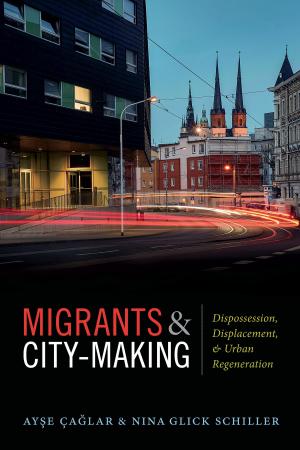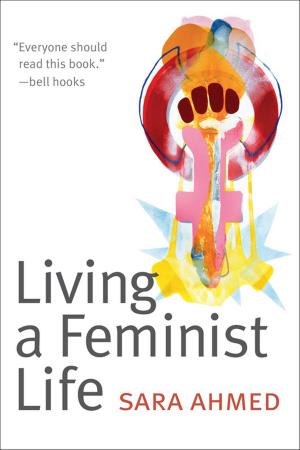The Transparent Traveler
The Performance and Culture of Airport Security
Nonfiction, Social & Cultural Studies, Political Science, Social Science| Author: | Rachel Hall | ISBN: | 9780822375296 |
| Publisher: | Duke University Press | Publication: | September 3, 2015 |
| Imprint: | Duke University Press Books | Language: | English |
| Author: | Rachel Hall |
| ISBN: | 9780822375296 |
| Publisher: | Duke University Press |
| Publication: | September 3, 2015 |
| Imprint: | Duke University Press Books |
| Language: | English |
At the airport we line up, remove our shoes, empty our pockets, and hold still for three seconds in the body scanner. Deemed safe, we put ourselves back together and are free to buy the beverage we were prohibited from taking through security. In The Transparent Traveler Rachel Hall explains how the familiar routines of airport security choreograph passenger behavior to create submissive and docile travelers. The cultural performance of contemporary security practices mobilizes what Hall calls the "aesthetics of transparency." To appear transparent, a passenger must perform innocence and display a willingness to open their body to routine inspection and analysis. Those who cannot—whether because of race, immigration and citizenship status, disability, age, or religion—are deemed opaque, presumed to be a threat, and subject to search and detention. Analyzing everything from airport architecture, photography, and computer-generated imagery to full-body scanners and TSA behavior detection techniques, Hall theorizes the transparent traveler as the embodiment of a cultural ideal of submission to surveillance.
At the airport we line up, remove our shoes, empty our pockets, and hold still for three seconds in the body scanner. Deemed safe, we put ourselves back together and are free to buy the beverage we were prohibited from taking through security. In The Transparent Traveler Rachel Hall explains how the familiar routines of airport security choreograph passenger behavior to create submissive and docile travelers. The cultural performance of contemporary security practices mobilizes what Hall calls the "aesthetics of transparency." To appear transparent, a passenger must perform innocence and display a willingness to open their body to routine inspection and analysis. Those who cannot—whether because of race, immigration and citizenship status, disability, age, or religion—are deemed opaque, presumed to be a threat, and subject to search and detention. Analyzing everything from airport architecture, photography, and computer-generated imagery to full-body scanners and TSA behavior detection techniques, Hall theorizes the transparent traveler as the embodiment of a cultural ideal of submission to surveillance.















